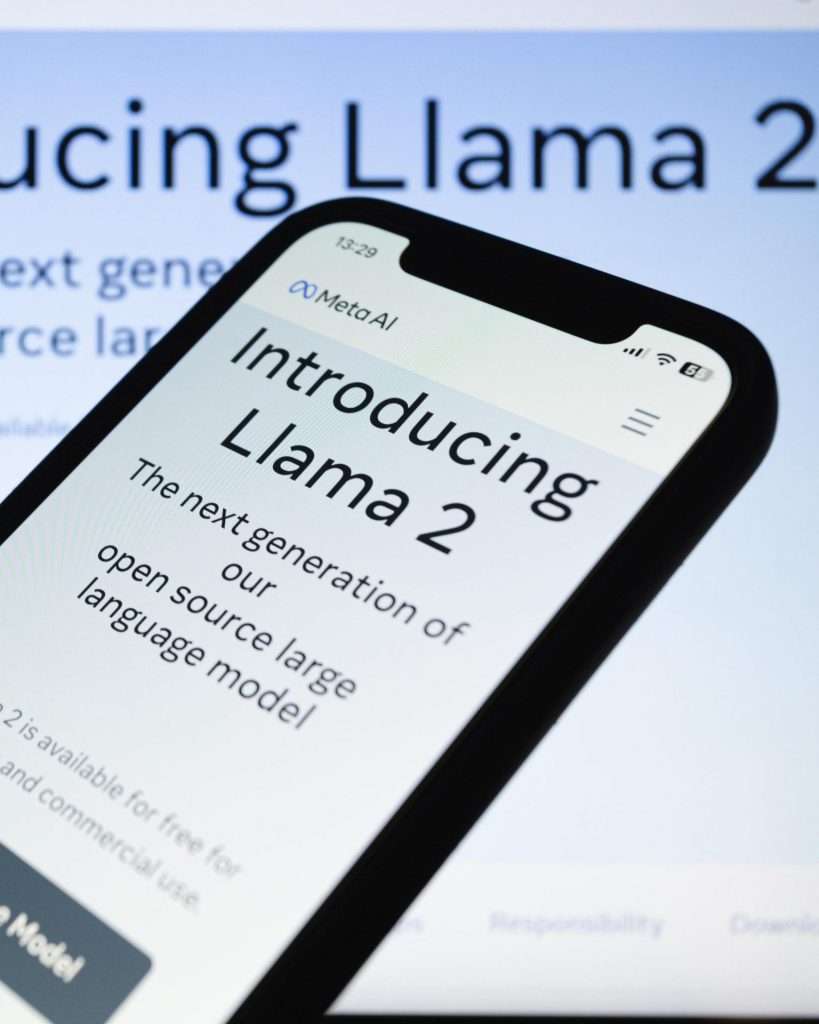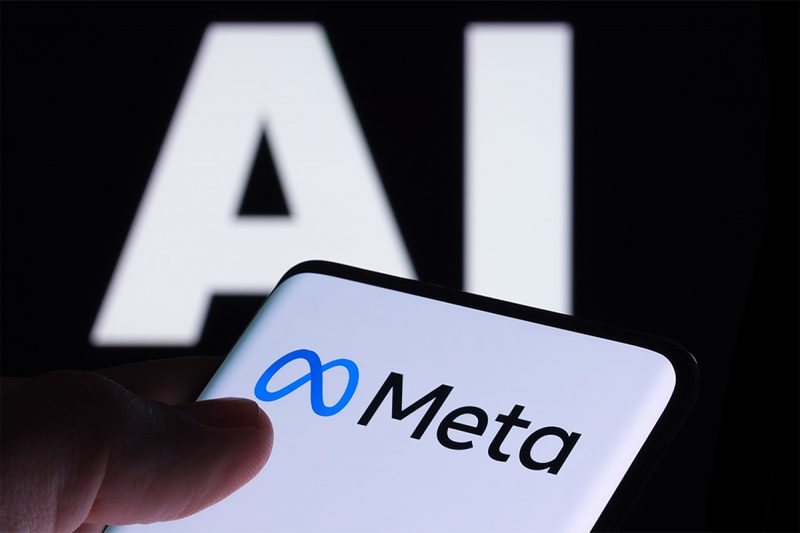According to reports, Meta is currently in the development phase of a forthcoming AI model. This project is anticipated to emerge as a more powerful opponent to OpenAI’s GPT-4 language model. The model is slated for completion by next year. Additionally, Meta will potentially commence its training as early as the beginning of 2024.
It is worth mentioning that Meta has previously entered the AI arena, having introduced Llama 2, an AI system, about two months ago. Nevertheless, the upcoming AI model is projected to surpass its current offering by a significant margin. It is predicted to launch with expectations that it will be “several times” more potent. This forthcoming model will assist companies in crafting advanced text analysis and other related services.


Additionally, the company has been in the process of constructing data centers. These will aid the development of such a sophisticated system. Simultaneously, Meta has been increasing its procurement of Nvidia’s H100 semiconductor chips. These are currently the most potent and sought-after chips on the market.
OpenAI vs Meta
Meta has the potential to establish itself as a prominent player in the AI landscape for several compelling reasons. Notably, the Llama AI model underwent training with a dataset containing 70 billion parameters. OpenAI has not publicly revealed the parameters for GPT-4. However, rough estimates indicate that they could be around 1.5 trillion parameters, significantly surpassing Llama’s scale.
Furthermore, Meta, leveraging its social media platform, boasts an extensive user base. Facebook, WhatsApp, and Instagram rank among the world’s top five largest social networks, each amassing over 2 billion monthly users. In contrast, ChatGPT has recorded a total of 180 million users. There has been a major decline in this number for the last couple of months.
Also Read: Here’s What Caused ChatGPT’s Traffic To Decrease by 10%
Additionally, the network’s latest objective appears to be a logical progression from the speculated generative AI capabilities that Meta has reportedly been developing. In June, there was a leak suggesting the testing of an Instagram chatbot with 30 different personalities. This further resembles the unconfirmed AI “personas” that the company is rumored to introduce later this month.
Also Read: EU Slams Alphabet, Amazon, Meta, Apple & More as ‘Gatekeepers’
Is it going to be a cakewalk for Meta?
Although Meta has the resources and potential to become a dominant player in this field, it may encounter regulatory challenges. The G20, comprising countries like Argentina, Australia, Brazil, Canada, China, France, Germany, India, Indonesia, Italy, Japan, the Republic of Korea, Mexico, Russia, Saudi Arabia, South Africa, Turkey, the United Kingdom, the United States, and the European Union, views AI as a vehicle for enhancing global digital economy growth. Consequently, they aim to implement responsible regulations to govern the AI market.


When OpenAI initially introduced ChatGPT, there was relatively little regulatory scrutiny. Nevertheless, as ChatGPT gained popularity, various governments began to implement precautionary measures. Meta, on the other hand, has frequently faced stringent regulatory oversight. Consequently, the introduction of its forthcoming AI model may encounter obstacles and challenges due to these regulatory concerns.
Also Read: G20 Nations Aim To Tax Crypto Transactions by 2027





